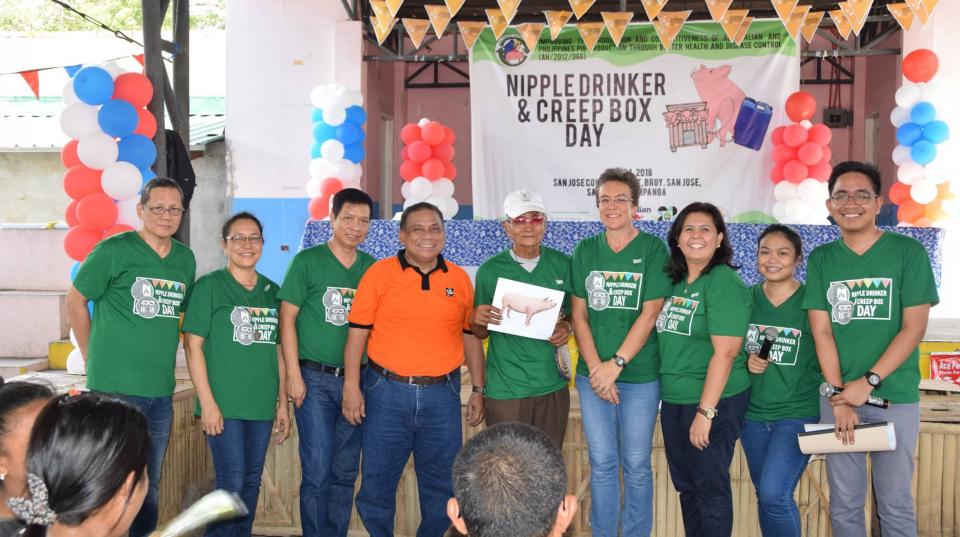Overview
This project aimed to make Philippines and Australian pig production more efficient and competitive through improved diagnosis, better health and enhanced disease control.
Pig production is a major food animal industry in both the Philippines and Australia, but there are differences between the countries. Most of the industry in the Philippines is based on smallholder farmers, which does not occur in Australia. Both countries' industries need to improve efficiency and competitiveness. This project addressed that need.
In the Philippines, the project took an ecohealth approach that encouraged participatory, stakeholder-driven cycles of action-based learning. This work also spread improved disease diagnostic services through the country. In Australia, the research focused on rapid, high technology diagnostic assays to allow industry to implement better targeted disease prevention and control programs.
Project Outcomes
- Improving the diagnostic systems for respiratory disease in two selected Regions of the Philippines.
- Identifying, document and address constraints to the use of good disease prevention practices by smallholder pig farmers in Region 3
- Estimating the incidence and economic impact of two disease syndromes of importance to smallholder farmers.
- Developing new diagnostic tests for, and undertake applied epidemiological research on, pig diseases important to Australia.
- Conducting an assessment of the adoption and emerging impacts of project outputs from AH/2009/022 and AH/2012/066.




